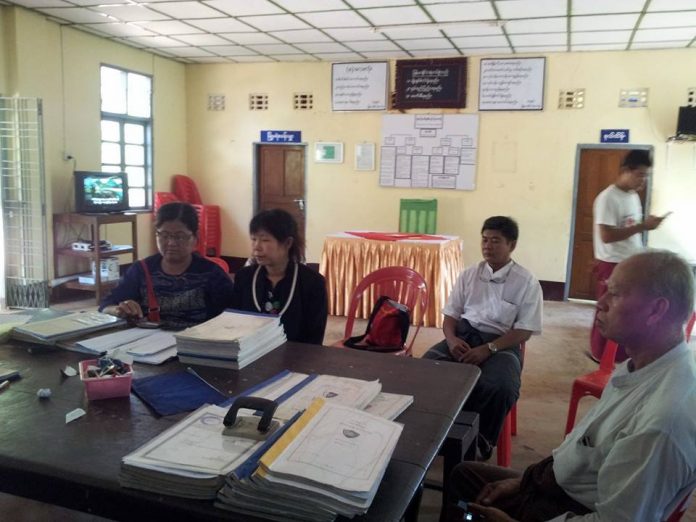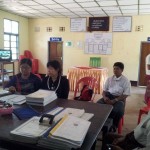Daw Thandar said: “Our family wish is to get the body back. We want an independent commission to be set up to investigate the case. Anyone who is guilty should be effectively punished under the law.”
She explained that it was not a malicious claim, they just wants to know the truth and she has rejected the South East Infantry Division’s proposal to provide assistance and support to the family as inadequate.
She said: “The death of Ko Par Gyi is not just about our family, these sort of secret murders have happened in the past and we want to ensure that they do not happen in the future which is why we want to fight for justice.”
On 23rd October the Defence Department made an announcement claiming that Ko Par Gyi was a captain working as an information officer in the Klohtoobaw Karen Organization (KKO). They said that he was shot dead because whilst under military detention when he attempted to take a gun from a soldier and escape.
Colonel Saw Tun Tun a tactical commander from the Democratic Karen Benevolent Army (DKBA) said that Ko Par Gyi was never a member of the KKO and was never involved with any group within the organisation.
Representatives of 46 political groups, led by the 88 Generation Peace and Open Society Organisation, held a two-hour protest outside Yangon Town Hall at 4:00pm on 26th October to demand justice for the murder of Ko Par Gyi.
The groups also issued a statement that called for an investigative commission of experts to find those responsible and prosecute them under civilian law for Ko Par Gyi’s death.
Min Ko Naing, the 88 Generation leader said at the protest: “The current constitution states that when a soldier of any rank, from private to the commander in chief of the army, is charged with any crime they cannot be prosecuted in a civil judicial court. This gives them power over normal people and is no better than the law of the jungle.”
Ko Par Gyi, 49, was one of 19 committee members of the first National League for Democracy (NLD) Youth Central Committee founded in 1988 and a Karen State youth leader until May 1989 when he became a member of Tri-Colour who were Aung San Suu Kyi’s bodyguards.
He started working as a freelance journalist in 2010 and wrote for the Yangon Times under the name Aung Gyi.


